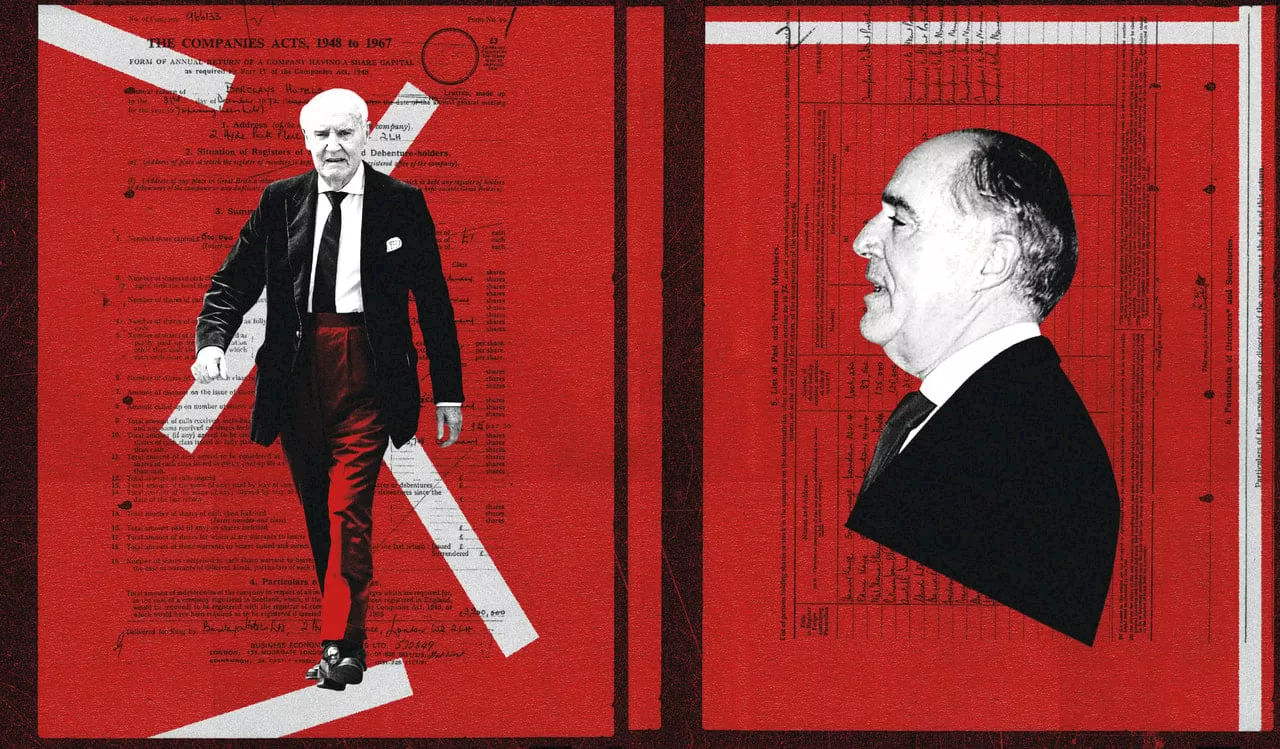Was the twin brothers' business empire built on an ancient fraud?
Britain’s government said that it will introduce a new law to prevent foreign governments from owning British newspapers and periodicals. The law will take a “broad definition” of what counts as state influence. Foreign officials will be excluded, even if they are using their own wealth. Only small passive stakes will be allowed., two pillars of Britain’s right-wing press.
A third reason our investigation matters is that we have found strong grounds to believe that this ancient deal may have involved fraud. We have also found grounds to suspect the brothers of avoiding or even evading taxes on profits worth tens of millions of pounds in today’s money. And Sir Frederick concealed assets from a bankruptcy court, a crime that is also subject to imprisonment. Over the years, many journalists have dug into Sir Frederick and Sir David.
On the face of it, the deal to save the Barclays is highly complex. Stripped to its bare bones, it is beautifully simple. Here we set out the three transactions that restored their fortunes and created the foundations for their business empire. The Barclay twins secretly controlled both Trenport and Russet. They made a huge profit on buying back their own debt so cheaply—at the expense of the British taxpayer.
The second transaction involved the two Barclay brothers buying the shell company that owned their debt. For this they used another of their companies, Russet Investments, this time based on the island of Jersey. Again, their ownership of this company was a closely guarded secret. And again, this appears to have been a breach of their promise in the statutory declarations that they would have no “future interest” in the buyer of their debt.
The story begins in 1973, during a scandalous lending spree as the Crown Agents strayed far beyond its original remit of financing British colonies doing business in the United Kingdom. Thanks to an implicit state guarantee, the Crown Agents could raise cheap funds and lend them on at a handsome margin. This became known as an easy way for property speculators to borrow .
“The brothers were close to going broke, but they were cleverer than me,” recalled Ramon Greene, a bankrupted developer who also borrowed from Crown Agents, in 2004. “I don’t know how they managed it.” It appears that the Barclays survived by a deal that looks like fraud. One reason the Crown Agents’ new managers so undervalued the Barclays’ debt may have been that they were in a rush to clean up their books. But the Barclays also had an incentive to talk down the value of the debt. They were the real owners of Trenport. The less they paid for the debt, the more money they stood to make.
Trenport was also quite unlike anything else the Bolsoms did, before or after. Trenport’s accounts show that its total expenses, apart from payments to directors and auditors, and one-off fees, were only £7,300-15,900 a year. Clearly, it was a shell company without staff that was being administered remotely. The Bolsoms had never operated a shell company. And they had never built their businesses using high levels of borrowing.
The third transaction, early in 1979, also has wrinkles that add to the evidence for thinking the Barclays were behind both Trenport and Russet. One of their companies, called Gestplan Hotels, borrowed the money for the deal from First Boston. That makes good sense if they had been the bank’s clients all along. If not, it is just one more unlikely coincidence.
The question hanging over all this is, if the Bolsoms were acting as frontmen, what was in it for them? At the time of the initial Trenport deal they were more successful than the Barclays. Why would they take such a risk?
United Kingdom Latest News, United Kingdom Headlines
Similar News:You can also read news stories similar to this one that we have collected from other news sources.
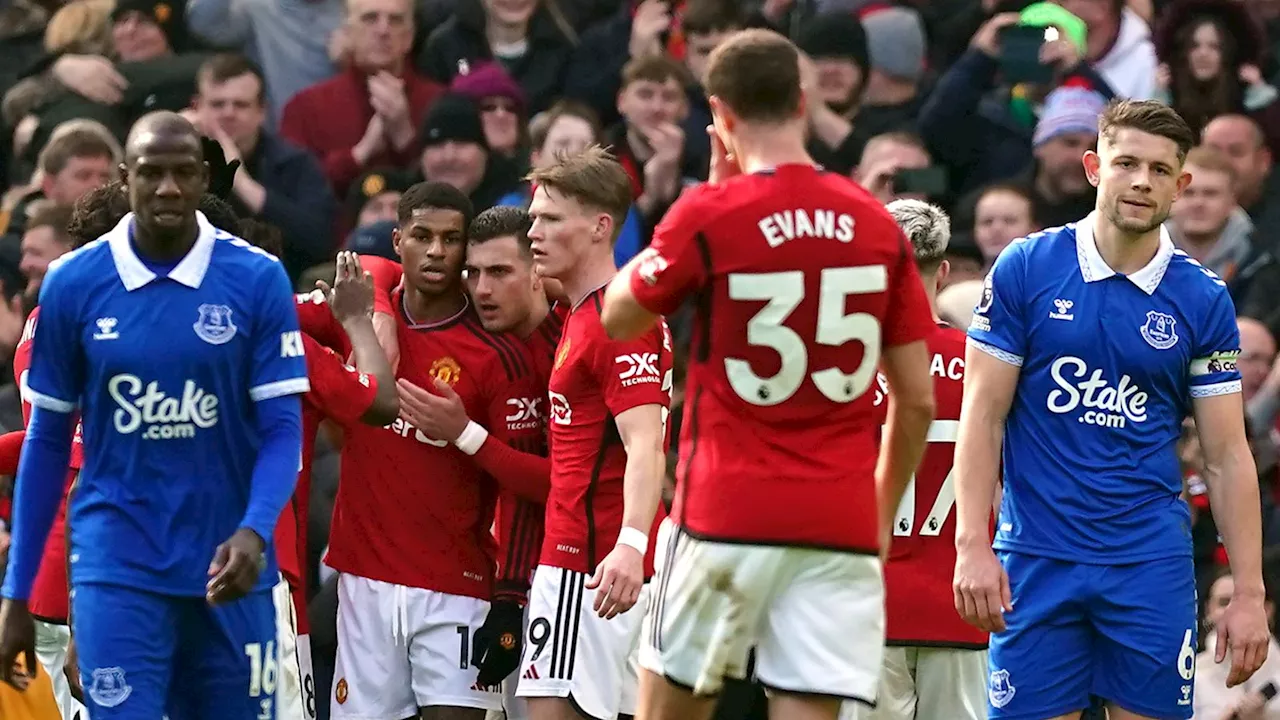 Are Everton the thickest football team in the Barclays? This was an infuriating watchEverton's performance at Manchester United was incredibly stupid with two penalties conceded to Alejandro Garnacho and a near total lack of attacking wit.
Are Everton the thickest football team in the Barclays? This was an infuriating watchEverton's performance at Manchester United was incredibly stupid with two penalties conceded to Alejandro Garnacho and a near total lack of attacking wit.
Read more »
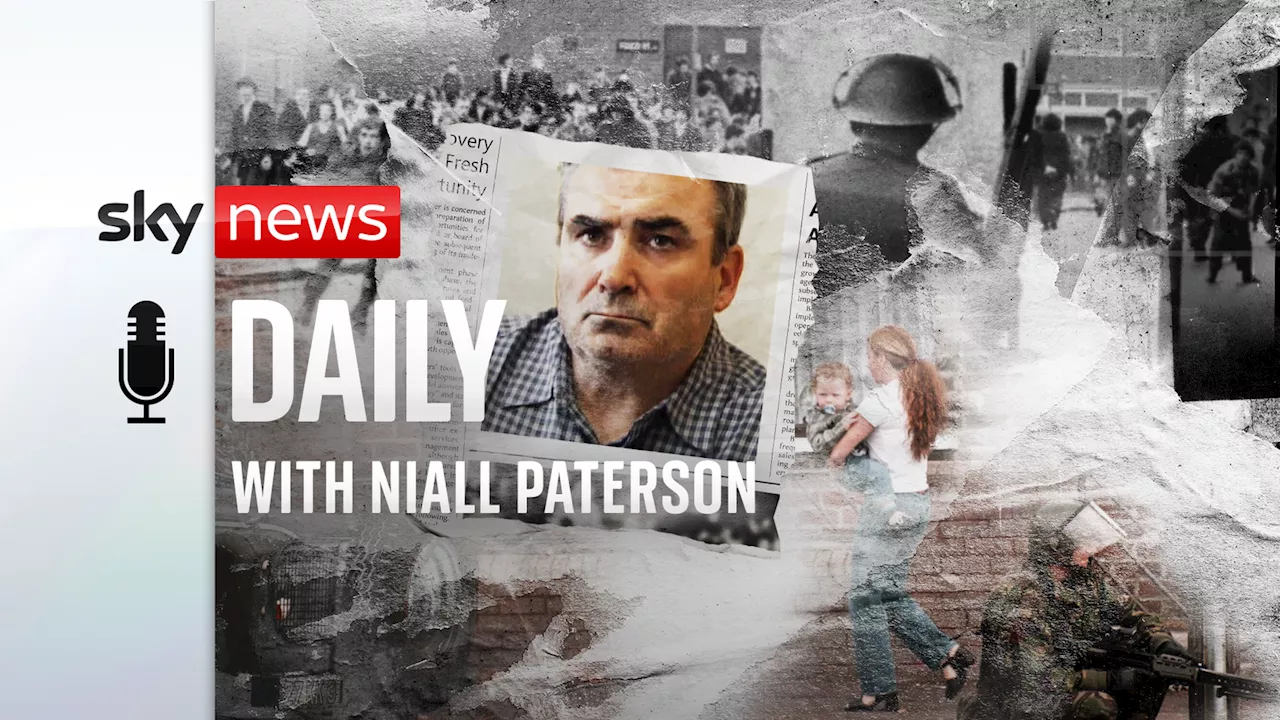 'More lives lost than saved': Why Britain's IRA spy never faced justiceFreddie Scappaticci was Britain's most highly prized IRA informant.
'More lives lost than saved': Why Britain's IRA spy never faced justiceFreddie Scappaticci was Britain's most highly prized IRA informant.
Read more »
 Stakeknife: More lives lost than saved in use of British spy who ran IRA 'nutting squad'Report calls on UK government to acknowledge that many murders could have been prevented but for the use of the top British mole and to apologise to bereaved families.
Stakeknife: More lives lost than saved in use of British spy who ran IRA 'nutting squad'Report calls on UK government to acknowledge that many murders could have been prevented but for the use of the top British mole and to apologise to bereaved families.
Read more »
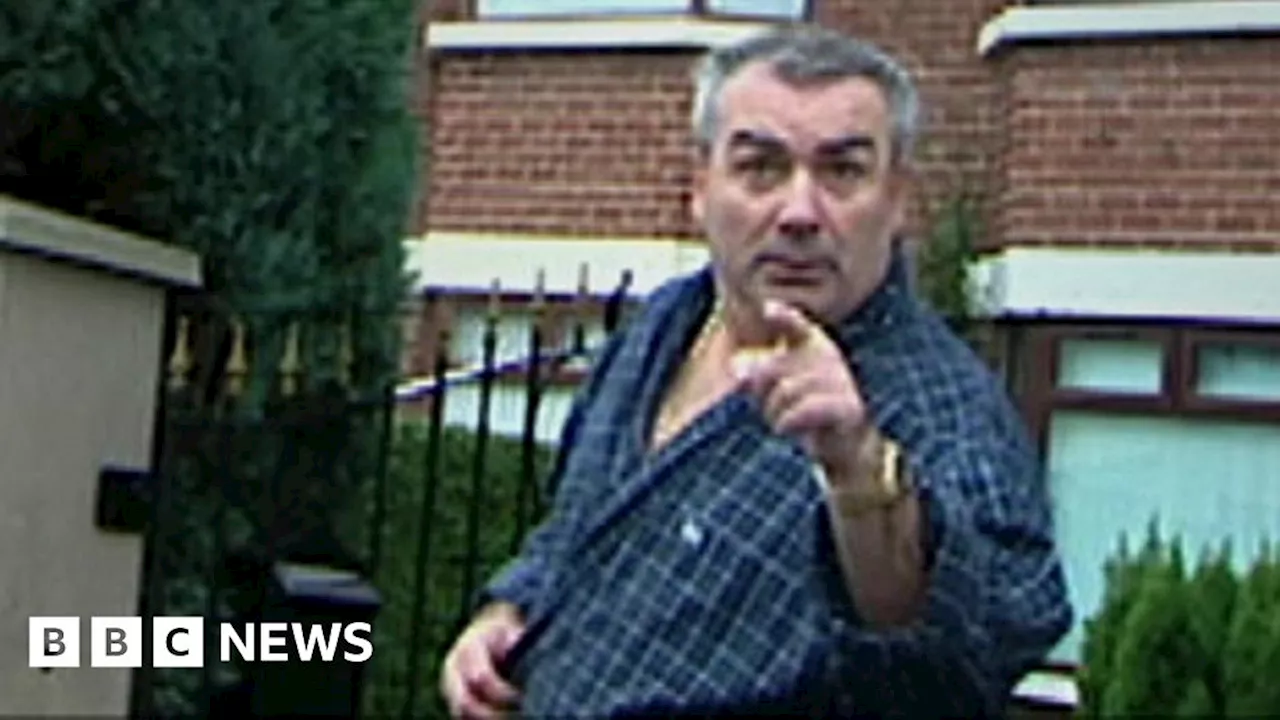 Scappaticci: Report says Army's top IRA spy cost more lives than he savedThe Kenova report finds security services did not stop some crimes in order to protect their agents.
Scappaticci: Report says Army's top IRA spy cost more lives than he savedThe Kenova report finds security services did not stop some crimes in order to protect their agents.
Read more »
 Brothers reunited with mum's mobility InvacarThe siblings are pleased to see the car displayed and saved from a scrapyard.
Brothers reunited with mum's mobility InvacarThe siblings are pleased to see the car displayed and saved from a scrapyard.
Read more »
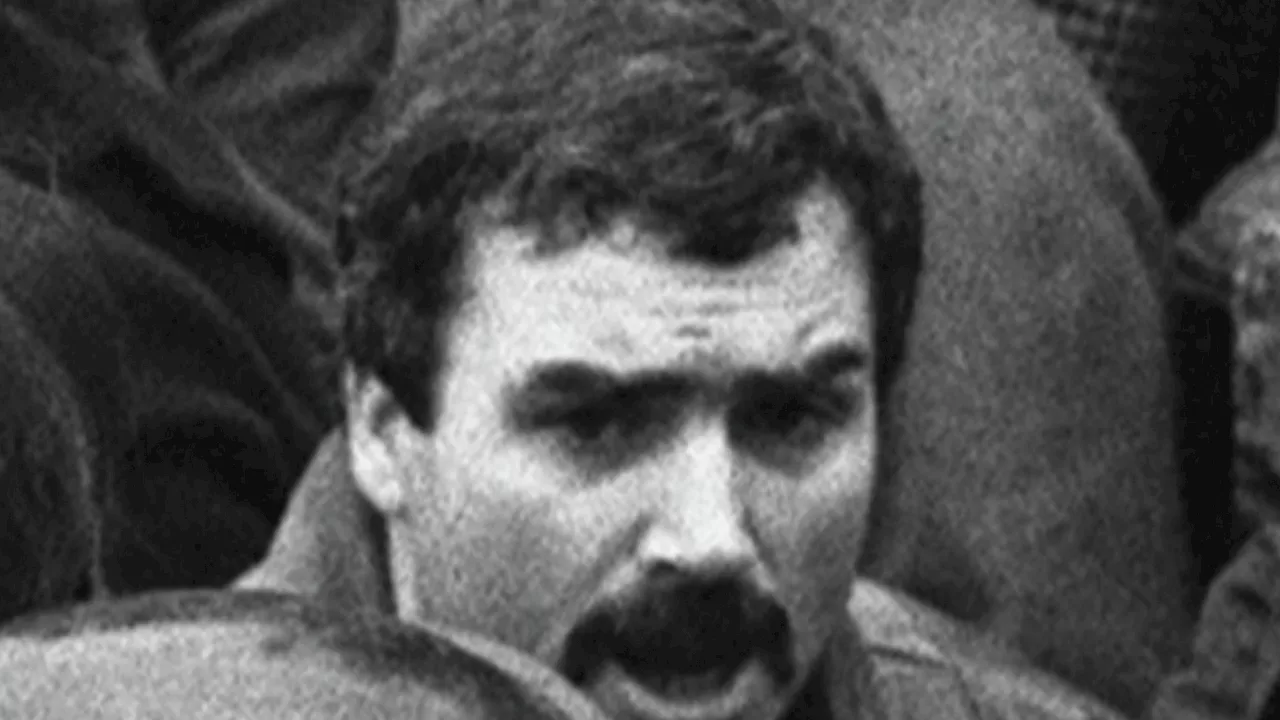 Stakeknife: British spy in IRA probably cost more lives than saved in TroublesThe British Government should apologise for the 'dark arts' which allowed a British agent operating inside the IRA to sanction kidnapping, torture and often murder of those suspected of being informers, according to the man who led the inquiry.
Stakeknife: British spy in IRA probably cost more lives than saved in TroublesThe British Government should apologise for the 'dark arts' which allowed a British agent operating inside the IRA to sanction kidnapping, torture and often murder of those suspected of being informers, according to the man who led the inquiry.
Read more »
